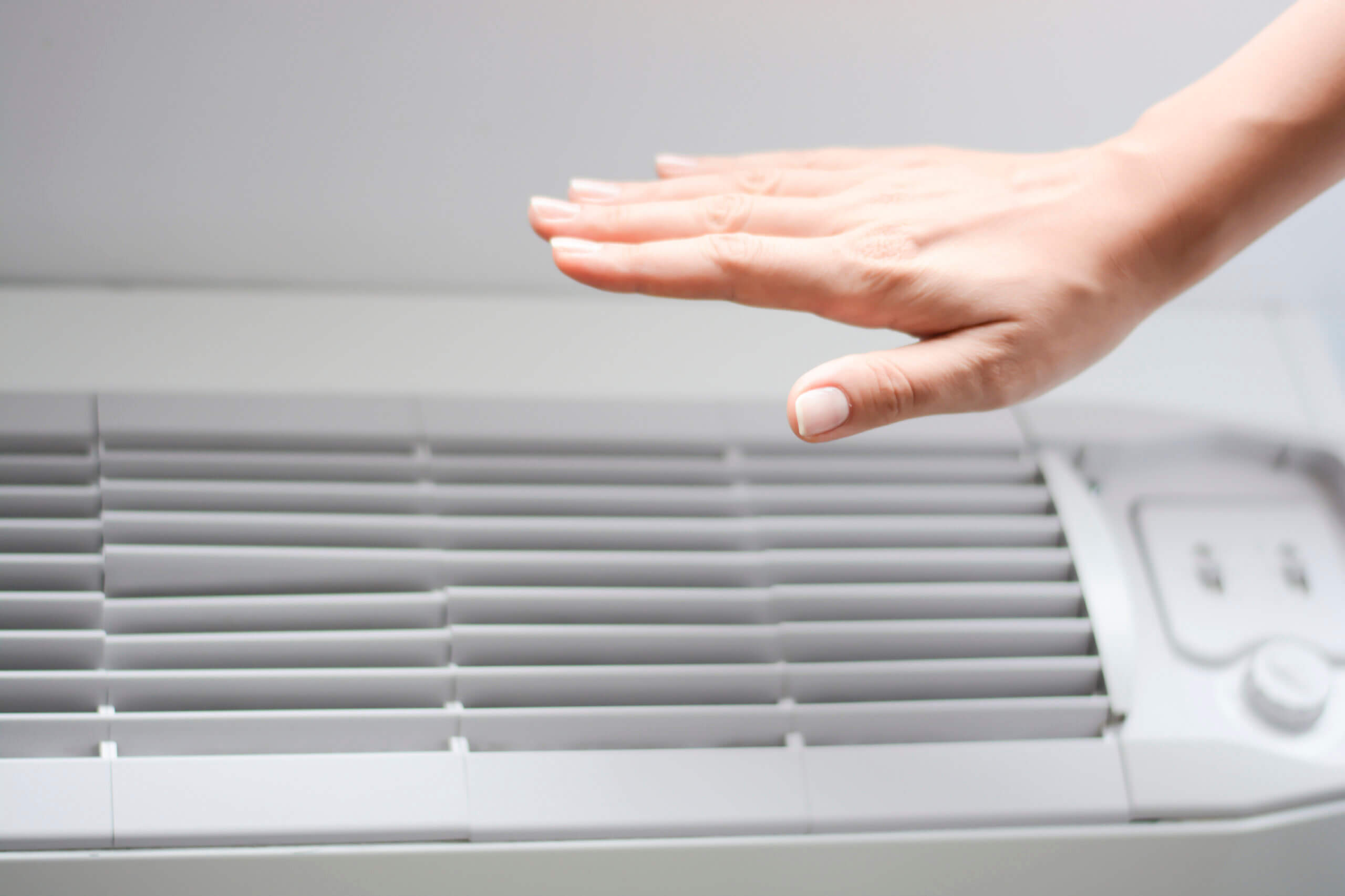What Should the Humidity Be in a House With AC?
 Maintaining the correct humidity level in your home is crucial for your health and comfort during the long, hot summers. As the most humid state in the nation, Florida averages humidity levels of 60% to 90%.
Maintaining the correct humidity level in your home is crucial for your health and comfort during the long, hot summers. As the most humid state in the nation, Florida averages humidity levels of 60% to 90%.
Yet the Environmental Protection Agency (EPA) recommends keeping indoor humidity between 30% and 50% for maximum comfort and health benefits.
It can be challenging, but by combining modern technology and professional HVAC services, you can maintain the recommended humidity in a house with AC.
Causes of High Indoor Humidity
Several factors contribute to increased humidity in your home:
- Excessive outdoor humidity: Florida’s humid climate affects indoor humidity levels, especially if your home’s insulation and air sealing efforts are substandard, allowing hot, humid air to get inside.
- Improperly sized AC unit: Air conditioners dehumidify as they cool, but you may end up with excess indoor humidity if your unit is oversized. This happens because the unit cools your home quickly but doesn’t run long enough to effectively extract moisture from the air.
- Insufficient ventilation: If high-moisture areas such as the bathroom, kitchen, and laundry room lack proper ventilation, humid air from showering, cooking, and drying clothes may increase indoor humidity.
- Leaky pipes: Plumbing leaks and standing water release moisture into the air, contributing to higher indoor humidity.
Problems Associated With High Humidity
Excess humidity levels in the house can lead to a host of problems, including:
- Health risks: Mold, dust mites, and bacteria thrive in humid environments. These allergens can trigger asthma attacks, worsen respiratory problems, and cause allergic reactions in sensitive individuals.
- Property damage: High humidity can be detrimental to your home’s structure and your belongings, leading to issues like warped wood, peeling wallpaper, condensation on windows, and even damage to sensitive electronics.
- Discomfort: High humidity makes your home feel stuffy and hotter than it is, causing daytime comfort problems and nighttime sleep disturbances.
- Increased energy costs: Because humidity over 50% makes your skin feel clammy, you may turn down the thermostat to combat this discomfort. Overusing your AC leads to higher energy consumption and costlier utility bills.
How To Lower Indoor Humidity Levels
Follow these steps to reduce the humidity in your home:
- Install a whole-house dehumidifier: Dehumidifiers are a practical solution, working alongside the air conditioner to extract excess moisture from the air.
- Increase ventilation: Run the kitchen, bathroom, and laundry room exhaust fans to provide spot ventilation when needed. Also, consider installing an energy-recovery ventilator (ERV) or heat-recovery ventilator (HRV) for balanced, whole-home ventilation.
- Fix leaks: Addressing plumbing leaks and damp areas is crucial. Fix dripping faucets, seal the foundation, and address lingering dampness to prevent excess moisture from releasing into the indoor air.
- Use an appropriately sized AC unit: The next time you replace your air conditioner, work with a professional to size it according to your home’s square footage, window layout, air filtration rates, and Florida’s humid climate.
Greens Energy Services Can Help
Addressing indoor humidity levels is a critical part of living in Florida. At Greens Energy, we have nearly 70 years of experience providing indoor air quality solutions and humidity control, making us well-equipped to manage your home’s comfort level.
Our skilled team can assess your HVAC system, ensure your AC unit is sized correctly, provide humidity control recommendations, and offer solutions like dehumidifier installation or AC replacement.
If you’re dealing with high humidity in your home, call Greens Energy today at 407-917-3759 for help creating a healthier, more comfortable home.


